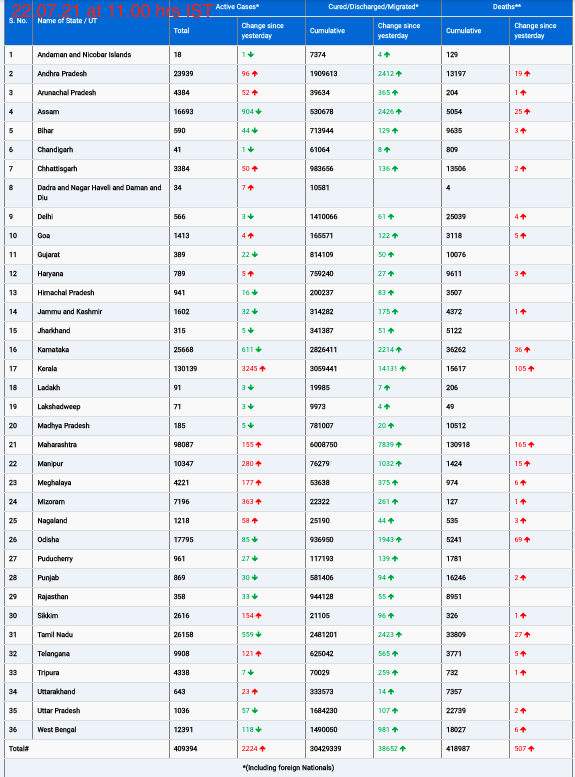Austin, Texas – In a groundbreaking discovery, researchers have identified a potent antibody, SC27, that can neutralize all known strains of SARS-CoV-2, the virus responsible for COVID-19, as well as several other SARS-like coronaviruses in animals. This discovery, which holds promise for future treatments, marks a significant step forward in the ongoing battle against the virus.
The large-scale study, led by a multi-institutional research team from The University of Texas at Austin, focused on understanding hybrid immunity to COVID-19. The team successfully isolated SC27 from the plasma of a single patient, using cutting-edge antibody sequencing technology. Their findings, recently published in Cell Reports Medicine, open the door to large-scale manufacturing of this antibody for potential clinical use.
Broad Protection Against COVID-19 Variants
“The discovery of SC27, and other antibodies like it, will help us better protect the population against current and future COVID variants,” said Jason Lavinder, one of the study’s leaders and a research assistant professor in the Cockrell School of Engineering’s McKetta Department of Chemical Engineering.
Since the onset of the pandemic, SARS-CoV-2 has rapidly evolved, with new variants often displaying resistance to vaccines and other treatments. SC27 offers a solution by binding to the spike protein of the virus—a key component that allows the virus to attach to and infect human cells. By targeting this protein, SC27 prevents the virus from causing infection, even in its newer, mutated forms.
UT researchers who had previously decoded the structure of the original COVID-19 spike protein confirmed SC27’s broad efficacy, noting its ability to recognize and neutralize the spike proteins of multiple variants.
Breakthrough Technology and Hybrid Immunity
The team employed a sophisticated technique called Ig-Seq, which combines single-cell DNA sequencing with proteomics to provide a detailed understanding of the antibody response in both natural infection and vaccination. This advanced technology allowed researchers to pinpoint the molecular sequence of SC27 and better understand the body’s defense mechanisms against the virus.
One of the significant findings from this study was the role of hybrid immunity, a combination of immunity from infection and vaccination. The researchers found that individuals with hybrid immunity exhibited increased protection against future infections, suggesting that this type of immunity might be more robust than immunity from infection or vaccination alone.
Steps Toward a Universal Vaccine
The research team believes this discovery brings them closer to a universal vaccine for COVID-19 and similar coronaviruses. “One goal of this research, and vaccinology in general, is to work toward a universal vaccine that can generate antibodies and create an immune response with broad protection to a rapidly mutating virus,” said Will Voss, a co-leader of the study and recent Ph.D. graduate in cell and molecular biology.
As global COVID-19 cases rise again, the discovery of SC27 comes at a crucial time. While the most severe phase of the pandemic may be behind us, the virus continues to pose a significant threat. New, innovative treatments like SC27 offer hope in the fight against future variants and may help to prevent the kind of widespread transmission seen in earlier waves.
A Collaborative Effort
The research was a collaborative effort involving multiple institutions, including scientists from the Texas Biomedical Research Institute, the University of North Carolina at Chapel Hill, and the Fred Hutchinson Cancer Center. The study was funded by the National Institutes of Health (NIH) and the Bill & Melinda Gates Foundation.
The research team has filed a patent for SC27, bringing the world one step closer to more effective COVID-19 treatments. As work continues, the team hopes to explore additional antibodies that could help in the development of vaccines or treatments offering long-lasting protection against a wide range of viral threats.
This discovery underscores the importance of continued research and innovation in the global fight against COVID-19, ensuring that we are better prepared for future pandemics.











